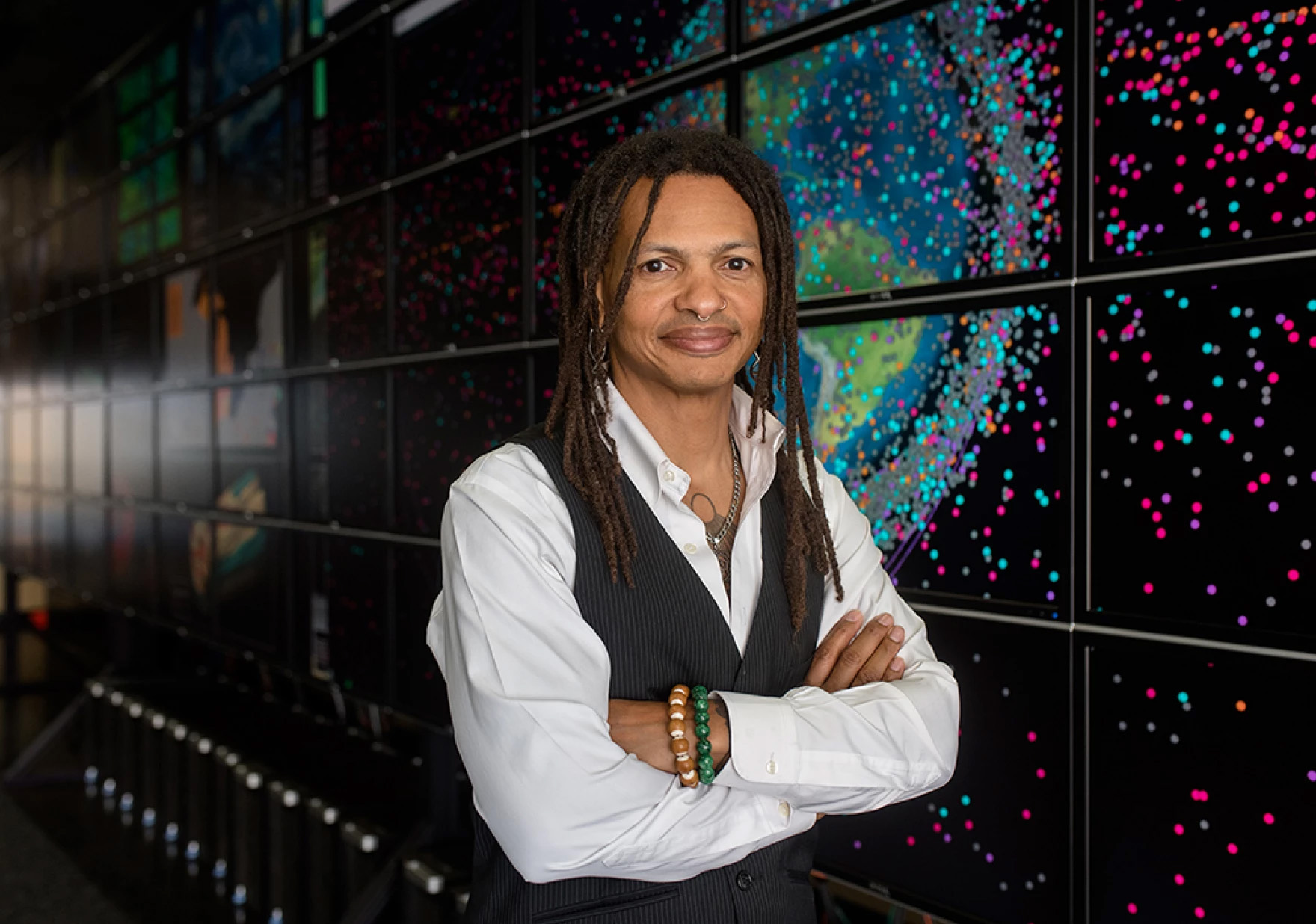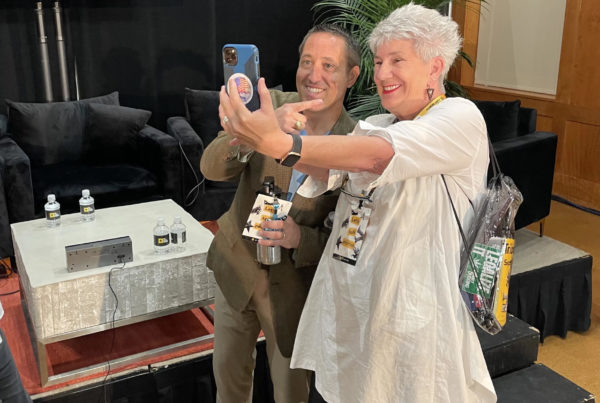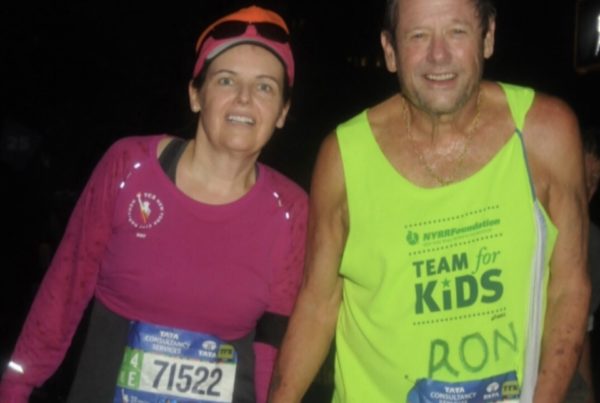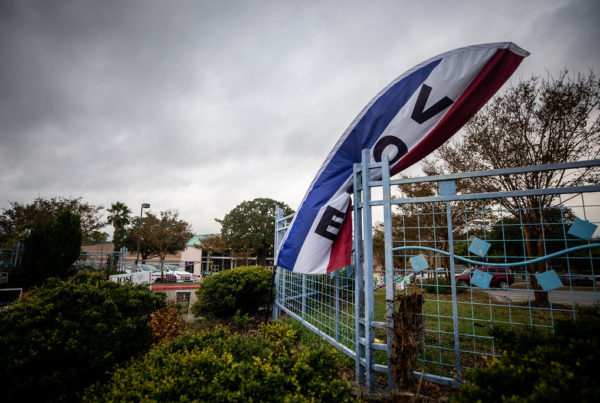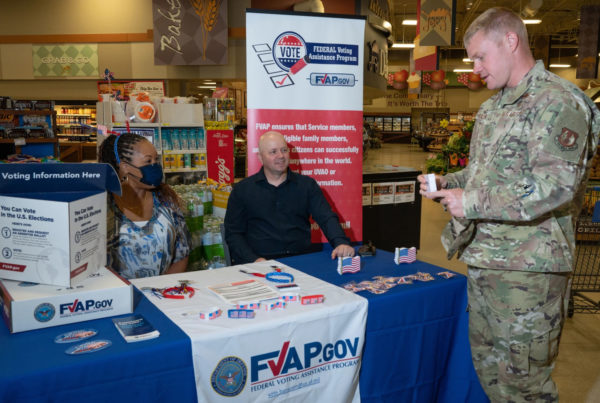More and more, our lives here on Earth rely on what’s happening in space. Thousands of satellites in earth’s orbit control systems like GPS, voice and text communication, and the internet.
The satellites are constantly at risk from space junk – bits of debris and equipment that humans have left behind, and currently orbit through low space. A collision between a satellite and a leftover wrench or bolt could be catastrophic. The fact that it doesn’t happen more often is thanks in large part to Moriba Jah. Jah is a professor of aerospace engineering and engineering mechanics at The University of Texas at Austin, and recently received a MacArthur “Genius” Fellowship.
Jah spoke to Texas Standard about how the fellowship will further his work as a space environmentalist. Listen to the story above or read the transcript below.
This transcript has been edited lightly for clarity:
Texas Standard: Well, first, congratulations. And I think your work is so important. It involves identifying and mapping the orbit of space junk. Can you talk about how this problem has grown since you began studying it?
Moriba Jah: Yeah. We started launching satellites in 1957, and most of the stuff that we put up there stays up there for very long periods of time – some things near forever. And so what we do is we launch more and more stuff onto these orbital highways that are becoming increasingly congested. And when things die, [they] keep on going on these fast speeds. They break up on their own. Sometimes two things meet each other on these highways. Bad things happen when they meet each other because they collide and become many, many smaller pieces that then become hazards to other things, and so on and so forth.
How much better are we at predicting when satellites or other infrastructure in space may be at risk of being damaged by a piece of debris?
Yeah, we’re not so good at that, actually. That’s where we actually need great improvements. And what I tell my own students is, if you want to know something, you have to measure it, and if you want to understand something, you have to predict it. And we just don’t have enough measurements to really help with our predictions.
How will this MacArthur Fellowship help further your research?
Well, first and foremost, among this global, kind of evangelist, wing of space environmentalism to try to make this mainstream across humanity, I’m hoping that I can find ways of doing that – embracing the arts, not just the sciences, and getting into people’s television sets and podcasts and webcasts and these sorts of things, and being better at communicating not just the science, but also the real human impact of losing the ability to use outer space in the future unless we change our behavior now.
I’ve heard you use this term, “space environmentalist,” and I find it really exciting. I want to call myself a space environmentalist, but I don’t know if I need credentials for that. Would you invite people in?
Yeah, yeah, yeah! Look, so here’s the thing, right? Of course, I invite you in, because I actually created the term just a few years ago. It’s meant to be all-encompassing for all of humans, because the thing that’s common to all of us is our sky. And you just being concerned and wanting the use of space to be for peaceful purposes and to avoid any sort of environmental detriment as a consequence of human exploration – absolutely, that makes you a space environmentalist.
Oh, I think that’s fantastic. But it also feels hard to act upon. I mean, you have some tools. I don’t necessarily have tools. I can be conscious of what I use. Are there ways for those listening to have an impact?
So there’s actually several ways in terms of things that people can do. There are companies who provide services and capabilities in space to the rest of us, whether that’s communications or global Internet and that sort of stuff. So people have an ability to impact those companies by not using their business unless they can demonstrate that they are good stewards of the environment versus otherwise. So I think that’s one thing that you and the listeners could certainly do.
That’s fascinating. Are there ways to collect and get rid of what’s up there, or are we just going to have to deal with that?
Yeah. I would say that the answer is going to be mixed. If you were to ask me or anybody, is it possible to clean the oceans so that the oceans are back to their pristine levels hundreds or so years ago or thousands of years ago, the answer is no. So there’s some amount of trash in space that we all get to live with forever.
But that said, there are many things that we can clean up. There are governments looking at developing those technologies. But certainly, I think the important thing is we need to develop a circular economy in space; a circular space economy that tries to focus on prevention of pollution by minimizing single-use satellites, just like we try to minimize single-use plastics.


